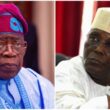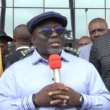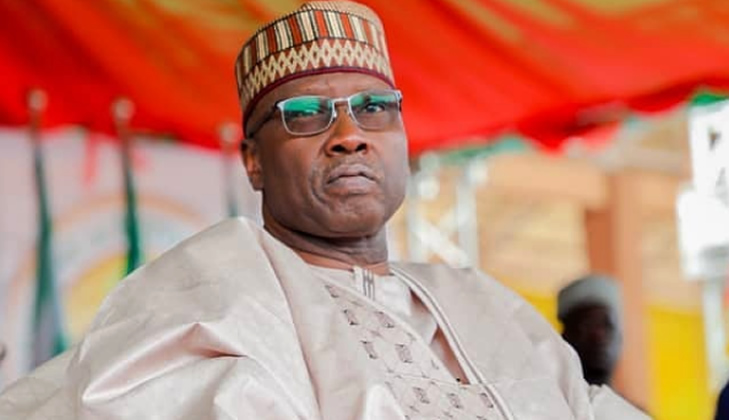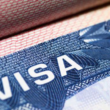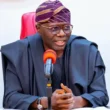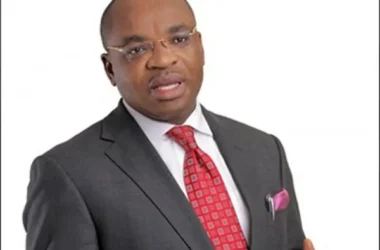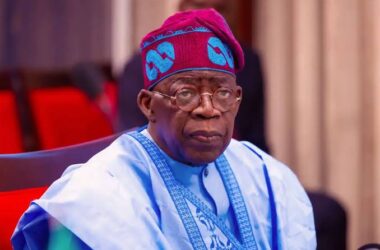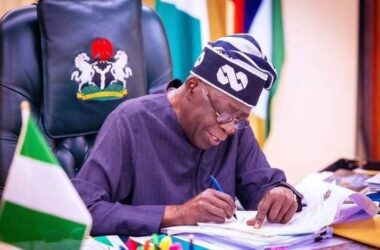Former Secretary to the Government of the Federation, Boss Mustapha, has said that the 2013 political merger that brought together major opposition groups added only 3.2 million votes to Muhammadu Buhari’s tally in the 2015 presidential election.
Speaking in Abuja during the launch of According to the President: Lessons from a Presidential Spokesman’s Experience, written by ex-presidential spokesperson Garba Shehu, Mustapha noted that while the merger was important, the bulk of the votes that led to victory came from Buhari’s consistent support base.
According to Mustapha, the alliance in 2013 included President Bola Tinubu’s former party, the Action Congress of Nigeria (ACN), Atiku Abubakar’s New Peoples Democratic Party (New PDP), and other political groups.
These votes, he said, were merged with Buhari’s existing 12.2 million to reach the total of 15.4 million votes that led to the All Progressives Congress (APC) defeating incumbent President Goodluck Jonathan.
He explained, “In early 2013, as the leader of the Congress for Progressive Change, President Buhari formally requested and supported the creation of the CPC Merger Committee, part of a broader coalition-building process that brought together the ACN—the party under which I served as the Deputy National Chairman at that time.”
He further noted that several committees were formed by other political groups including the All Nigeria Peoples Party (ANPP), a faction of the All Progressives Grand Alliance (APGA), and members from the ruling PDP who later formed the New PDP. Their joint efforts, according to him, gave credibility and unity to the APC merger.
“This led to significant participation under the banner of the All Progressives Congress. That coalition built and paved the way for the first democratic defeat of an incumbent ruling party in Nigeria’s history. President Buhari’s integrity, national stature, and disciplined messaging were central to that breakthrough,” Mustapha added.
He pointed out that the decision to present Buhari as the APC candidate in 2015 was well-calculated. Based on voting records, Buhari had a steady following: 12.7 million votes in 2003, 6.6 million in 2007, and 12.2 million in 2011. Mustapha said these numbers convinced party leaders that Buhari was their strongest option.
He remarked, “Because we looked at the statistics of the votes that were coming to the table… the merger with the CPC—though the CPC at that time had only one state, the ACN had six states, and the ANPP had three states.”
Mustapha stated that the actual breakdown of the 15.4 million votes in 2015 showed that Buhari’s personal following accounted for 12.2 million, while the other parties in the coalition contributed 3.2 million.
“I do not intend to create any controversy, but I am saying that was the most realistic and pragmatic thing that we needed to do,” he concluded.


